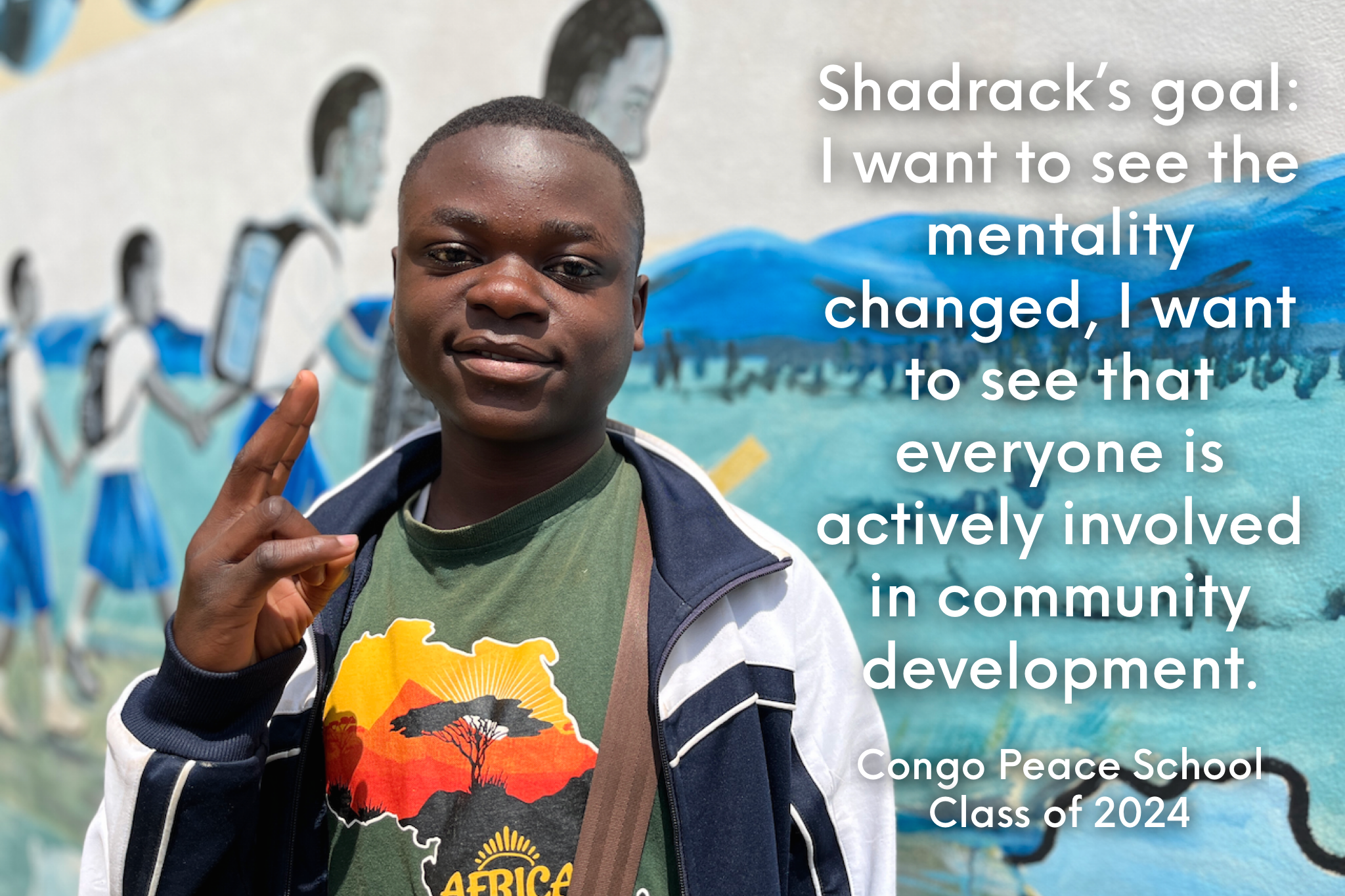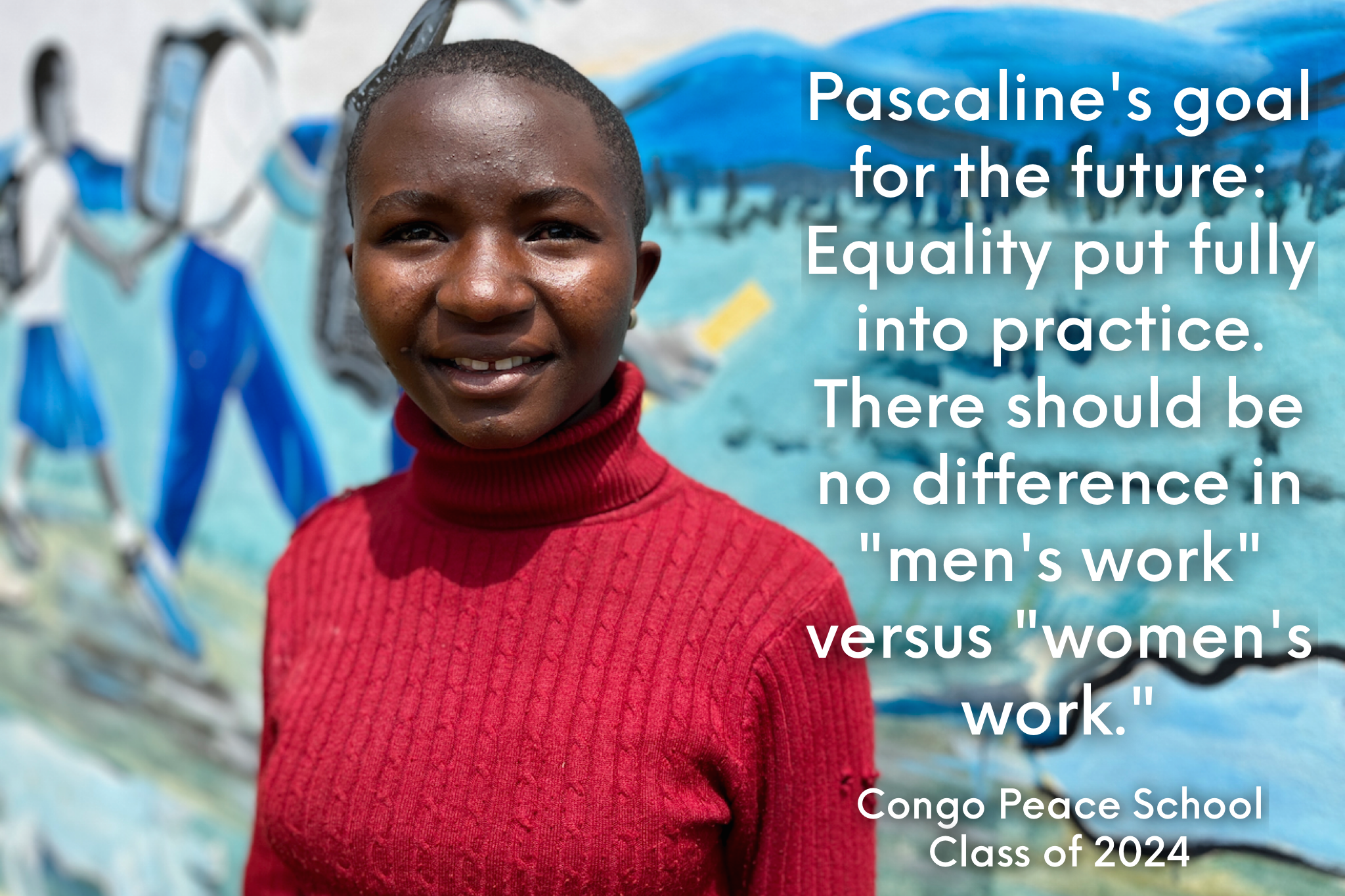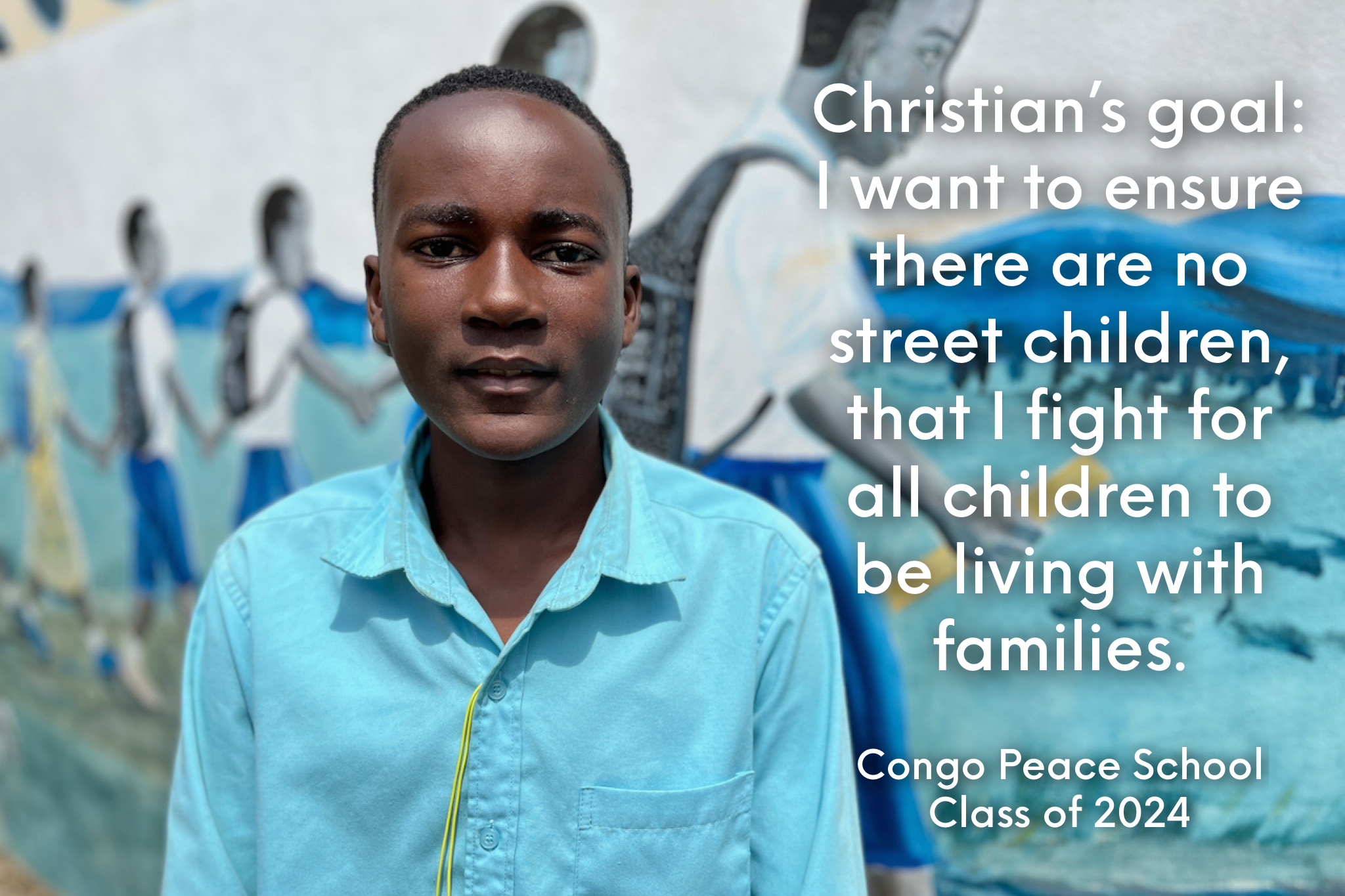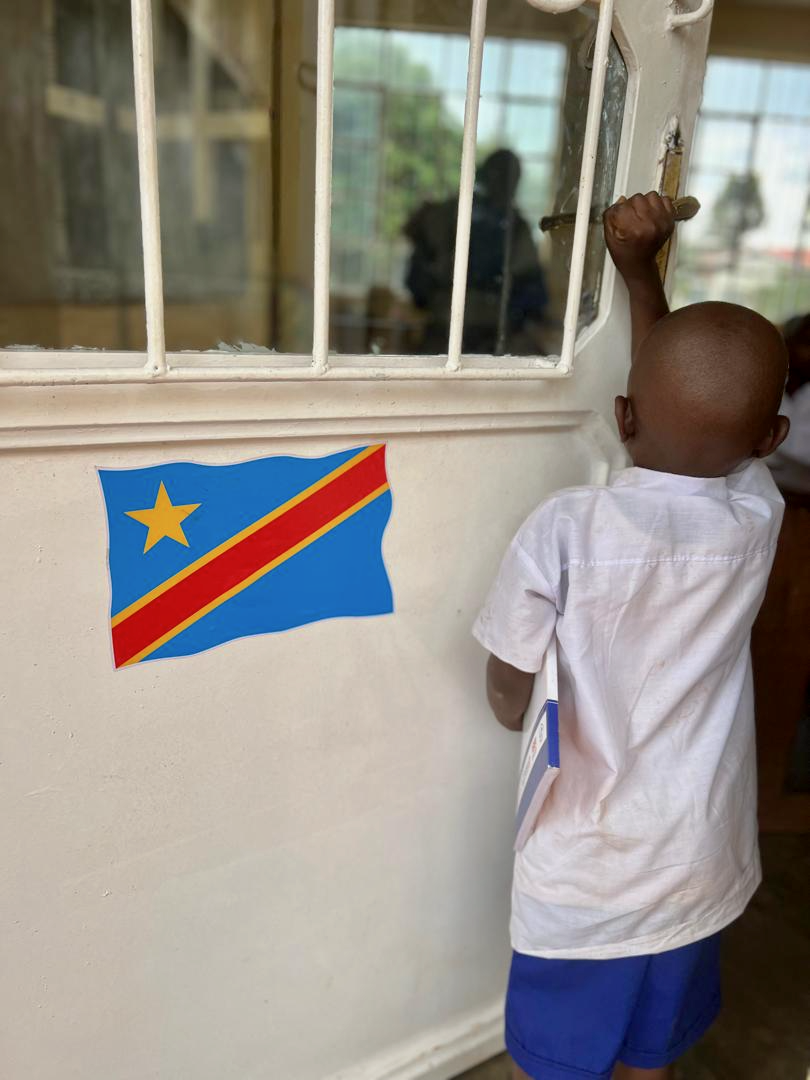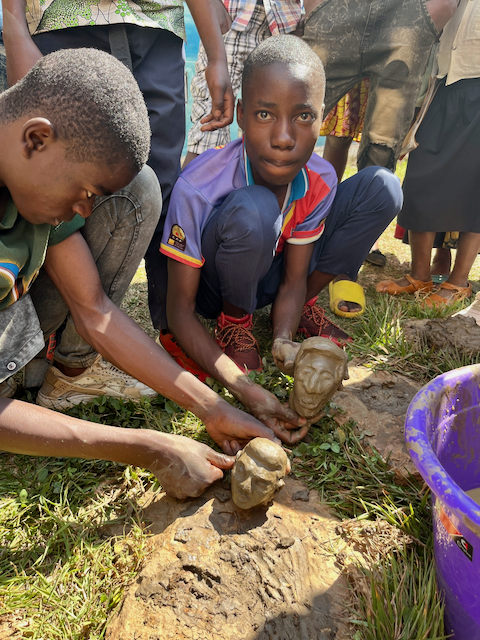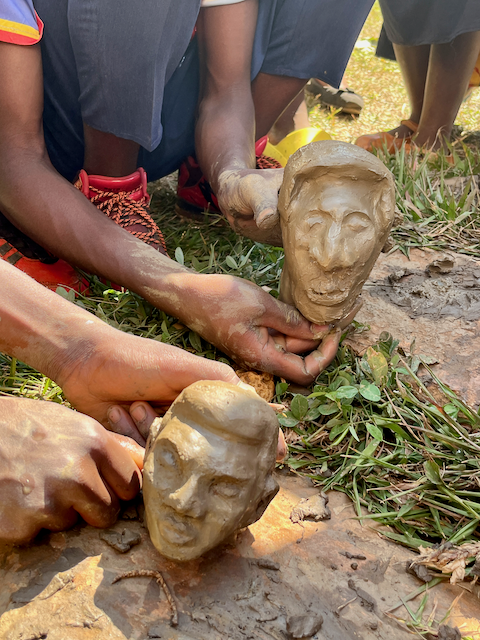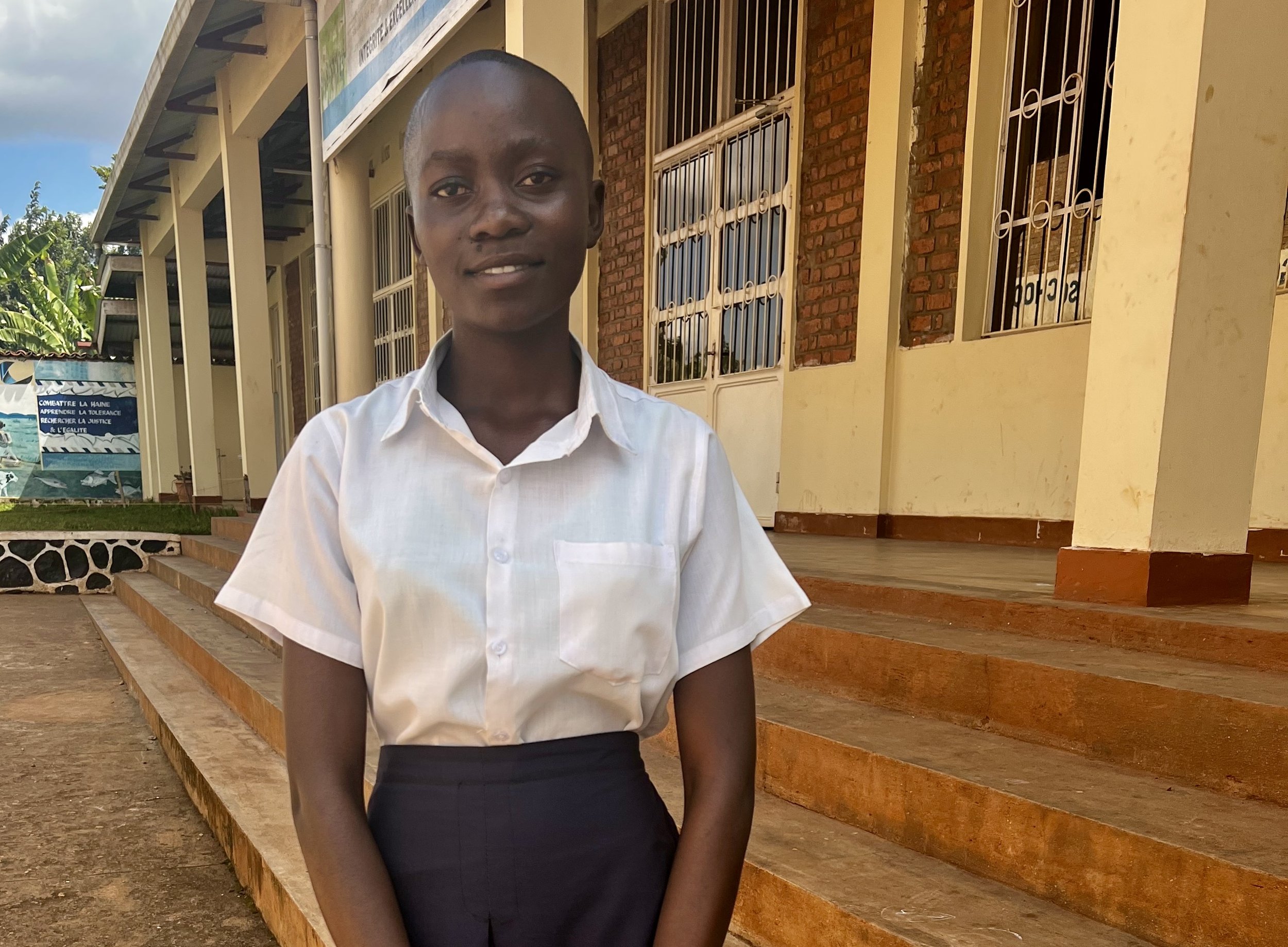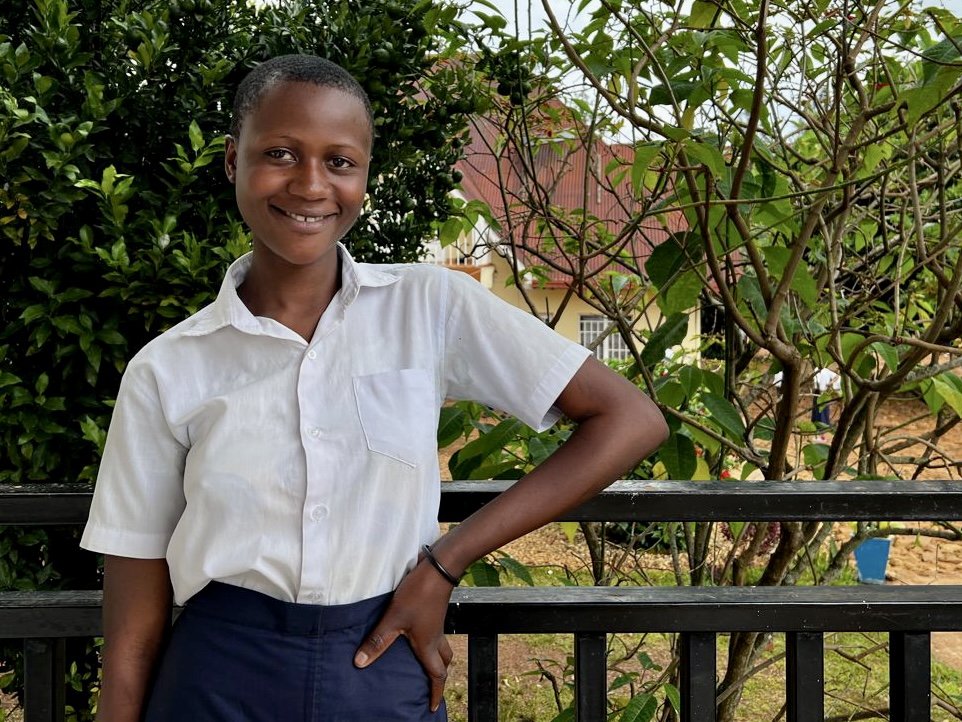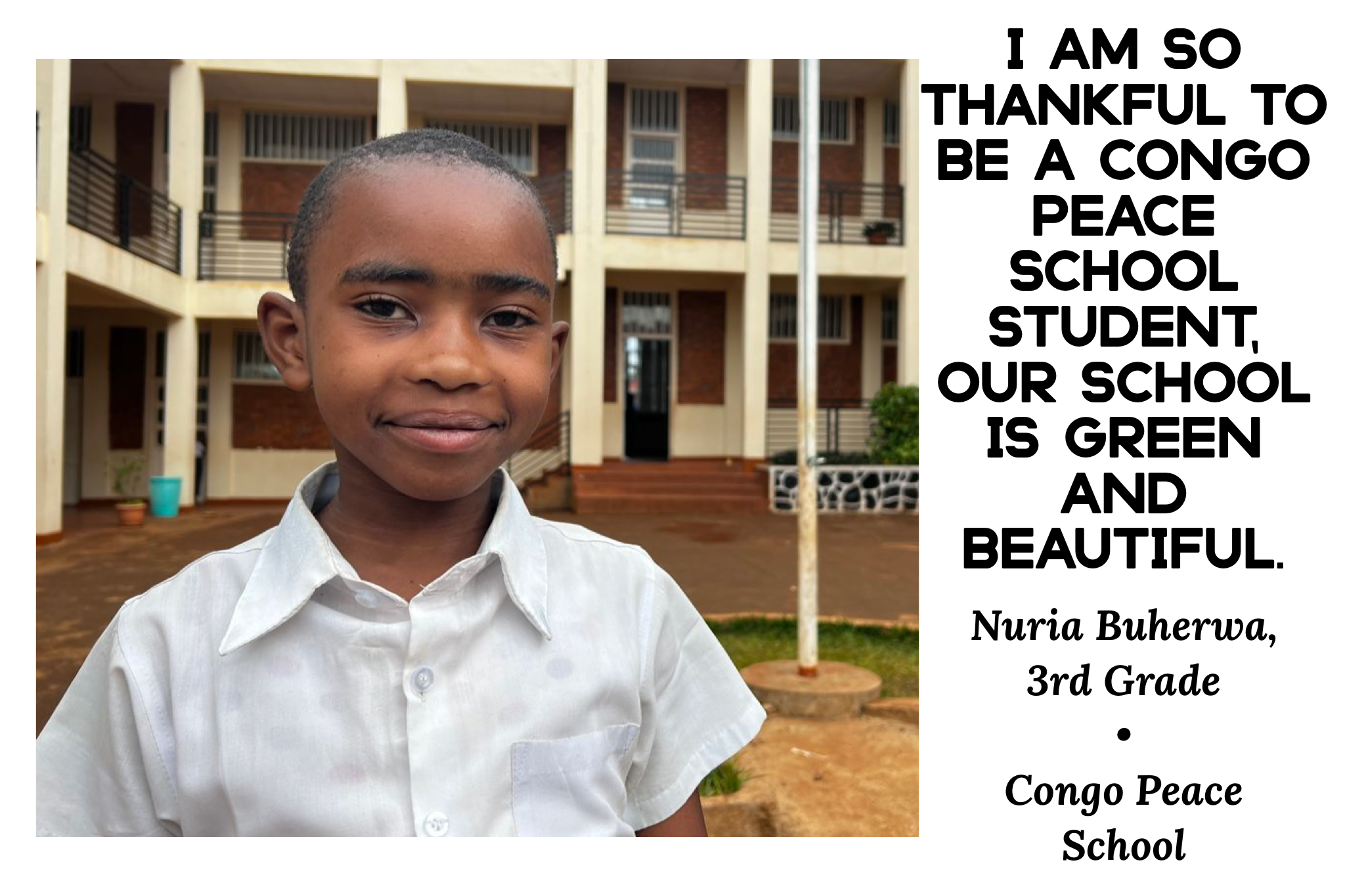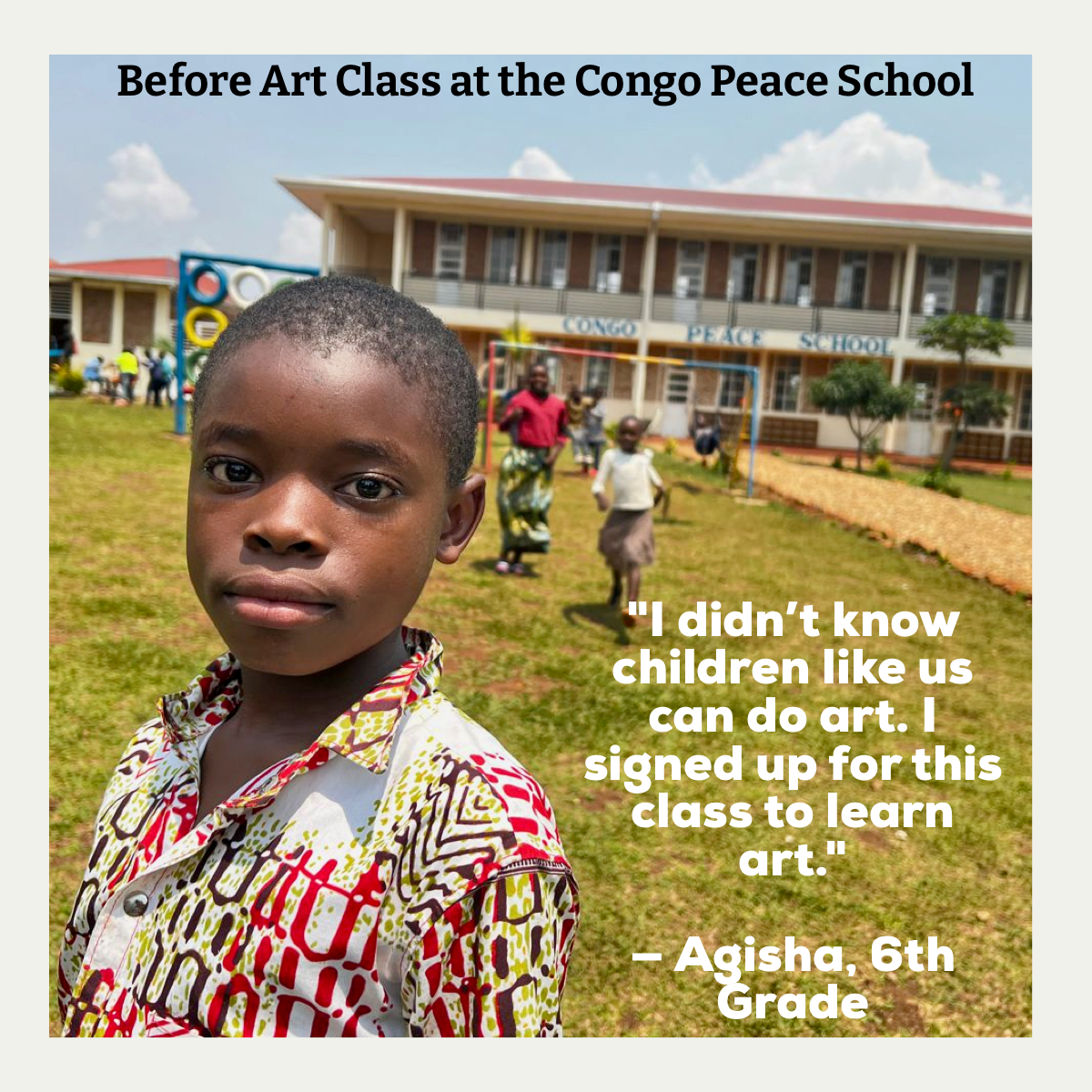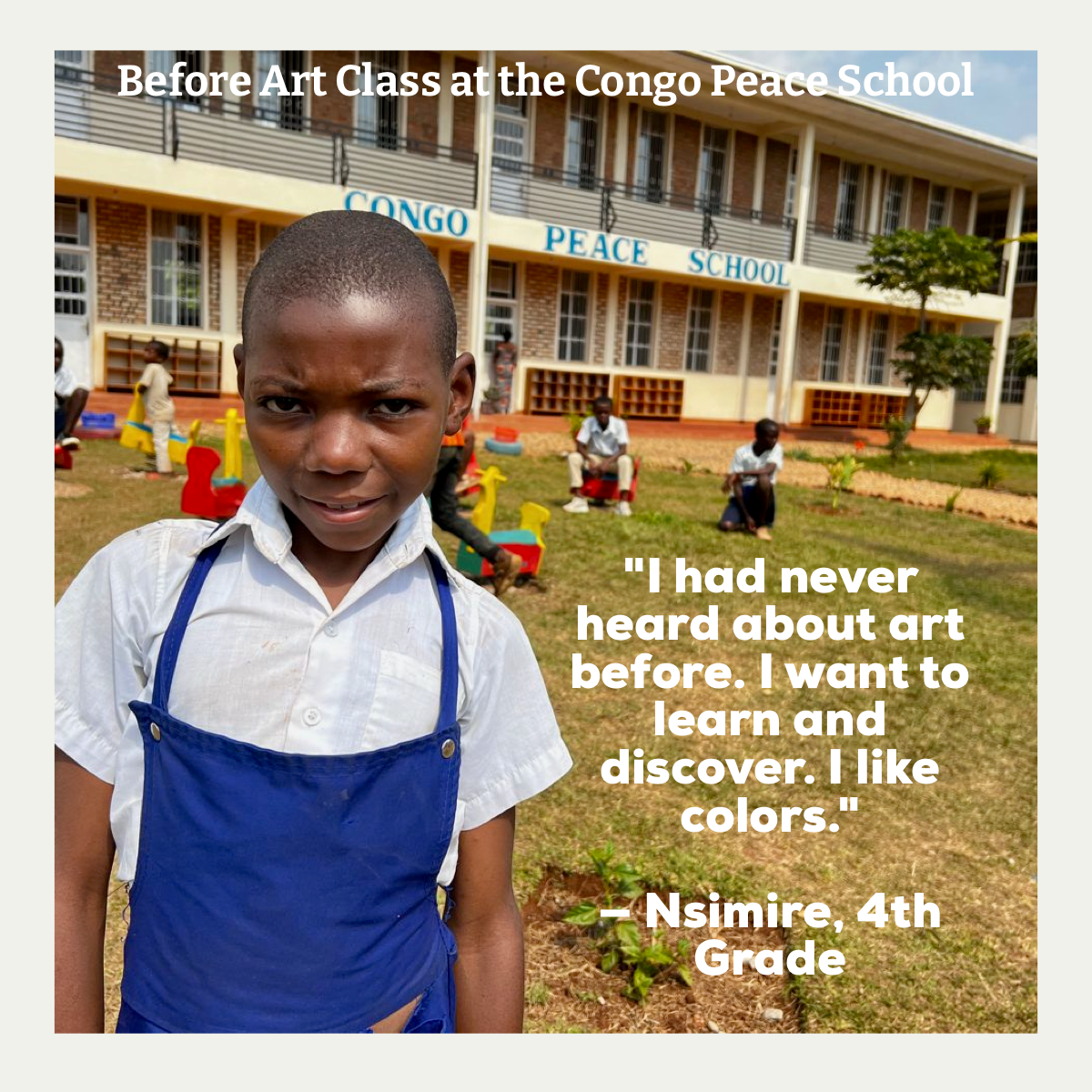Shortly after the first-ever graduation of the Congo Peace School Class of 2023, we spoke to four of the students who will be in the second graduating class, Class of 2024. They shared why they chose to major in Social Techniques, what we in the U.S. call social work, and how their passion for equality and peace will influence their work in their community. We asked what changes they want to see in five or ten years, and how they’ll play a part in that, what they’ve learned at the school that will help them do that work, and what they wanted to say to you, their current partners (and potential supporters as our need is great) who are making their dreams a reality.
Back in July 2018, just before the Congo Peace School first opened, we'd heard the story of one of these students. At the time, Shadrack was excited to start Secondary School in grade 1 (7th grade here in the U.S. system).
With our Founding Director Amani Matabaro translating for him, Shadrack had told us the word peace means stability. "Congo needs that," he told us in July, as he thought about what a school based on the principles of peace and nonviolence will mean for him, his country, and the world. Shadrack lives with his grandparents, after his father, a soldier, died when Shadrack was just six years old, and his mother recently passed away from HIV/AIDS. 13-year-old Shadrack will enter his first class at the Congo Peace School as a secondary student in grade 1. He's excited to learn who his French teacher will be, and continue to study his favorite subject at this new school. "I've heard the term nonviolence," he said, "but I don't really know what it means." "My only dream is to be admitted to this school," said Shadrack."Oh!" Amani paused in translating for Shadrack. "He says, 'I want to be like Amani, to do the work you are doing, to help others.'"
Shadrack in 2018
Cut to 2023, when Shadrack shares in the video: I chose social work because it’s very important to support and speak to the community to help alleviate and reduce their problems.
Shadrack's classmates shared their dreams and goals for putting their social work major to use:
Watch the video here, as the students thank you for listening to them and supporting their dreams.
The first day of school was a happy one this September – students anticipating all that they’ll experience and learn in a new year, greeting friends, seeing new students matriculate from the pre-school (supported by our partner PILA Global) to first grade!
Many of the students were able to come to the campus over the summer for computer class or the sculpture class, led by Ariel Handelman. Ariel was visiting as part of the Dillon Henry Foundation, and offered to guide a class in sculpture, using the clay from the marsh farm that Amani has grown from a simple farm to an irrigated, regenerative farm that includes fish ponds, pigs, goats, and more. (But that is for a separate post.)
The staff helped bring clay to the school, and with the running water there, the students followed the instructions to mix the clay into pliable putty, and from there, create whatever their hearts and minds wanted to make.
It was amazing. There was a sandal, a boat, a flower pot (filled with flowers), a mortar & pestle, a helicopter, a coffin. All objects they see around them every day, and some, as the teacher who crafted the coffin explained, ones they wish they’d see less often.
There were faces that speak for themselves in terms of their advanced artistry. These students have talent that needs to be fostered. (See the previous summer’s art class led by local university professors here.)
Other students came for an introduction to computer skills in the solar-powered computer lab.
The Congo Peace School campus continues to be a haven for learning and play rooted in curiosity, questioning, safe spaces, equality, and peace.
Thank you for partnering with us, and please share these stories and photos with others who might join with us! The need is great, and we need more folks in the Peace School family.
–In our last update, we asked for prayers for Steve Henry and his family as he fought for his life in the hospital. Tragically, he passed on the following day, and we continue to ask for your thoughts as his wife Harriet, daughter Taylor, and son-in-law Jace grieve this great loss. Steve was the father figure behind the Dillon Henry Foundation, and friend to so many, as we learned through stories at his service. He will be dearly missed, and the Congo Peace School lives on as part of his legacy of working for greater access to quality education and peace in the world.



